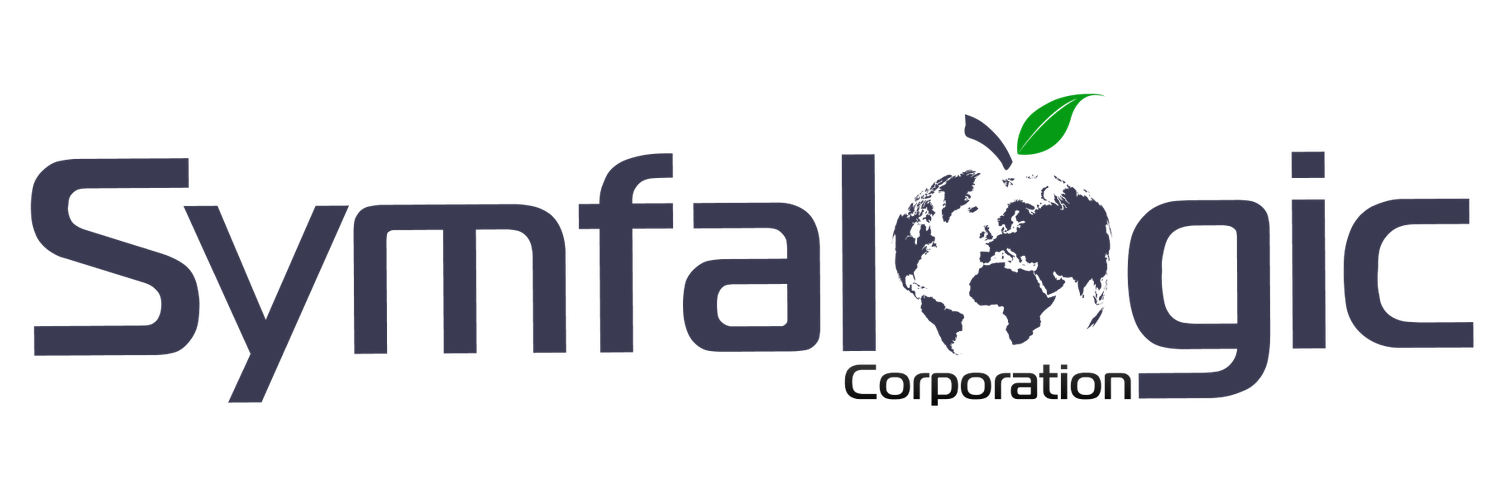Company Formation in Peru
Forming a company in Peru involves a series of steps and procedures that are crucial for legal compliance and successful business operations. Here’s an overview of the process:
- Choose the Type of Company: The most common types of companies in Peru are Sociedad Anónima (S.A.), which can be closed (S.A.C.) or open (S.A.A.), and Sociedad Comercial de Responsabilidad Limitada (S.R.L.). The choice depends on factors such as the number of partners, capital investment, and the desired structure for management and operations.
- Company Name Check: You need to verify that the proposed name for your company is not already in use or too similar to an existing one. This can be done through the Public Registry’s online platform (SUNARP).
- Draft the Company Bylaws (Minuta): This document outlines the company’s purpose, capital structure, management, and other essential aspects. It must be drafted by a lawyer and includes information on the shareholders, board of directors, and fiscal year.
- Notarize the Company Bylaws: Once the bylaws are drafted, they need to be notarized by a Peruvian notary public.
- Register with the Public Registry: The notarized bylaws, along with other required documents, must be submitted to SUNARP for the company to be legally recognized.
- Obtain a Tax Identification Number (RUC): Register the company with the National Superintendency of Customs and Tax Administration (SUNAT) to obtain a RUC, which is essential for all tax matters.
- Open a Corporate Bank Account: With the RUC, you can open a corporate bank account in Peru. This is necessary for financial transactions and capital management.
- Permits and Licenses: Depending on the nature of your business, you may need specific permits or licenses. This could include municipal licenses for operation, sector-specific permits, and any other regulatory approvals.
- Register for Health and Pension Systems: Register your company and employees with the national health system (EsSalud) and the pension system (ONP or a private pension fund administrator, AFP).
- Implement Accounting and Tax Compliance: Establish an accounting system in compliance with Peruvian financial and tax regulations.
- Compliance with Labor Laws: Ensure compliance with Peruvian labor laws, including contracts, minimum wage, benefits, and working hours.
- Data Protection Registration: If your company will handle personal data, you must comply with Peru’s data protection laws and register with the National Authority for the Protection of Personal Data.
This process can vary in detail based on the specific type of business and its requirements.

